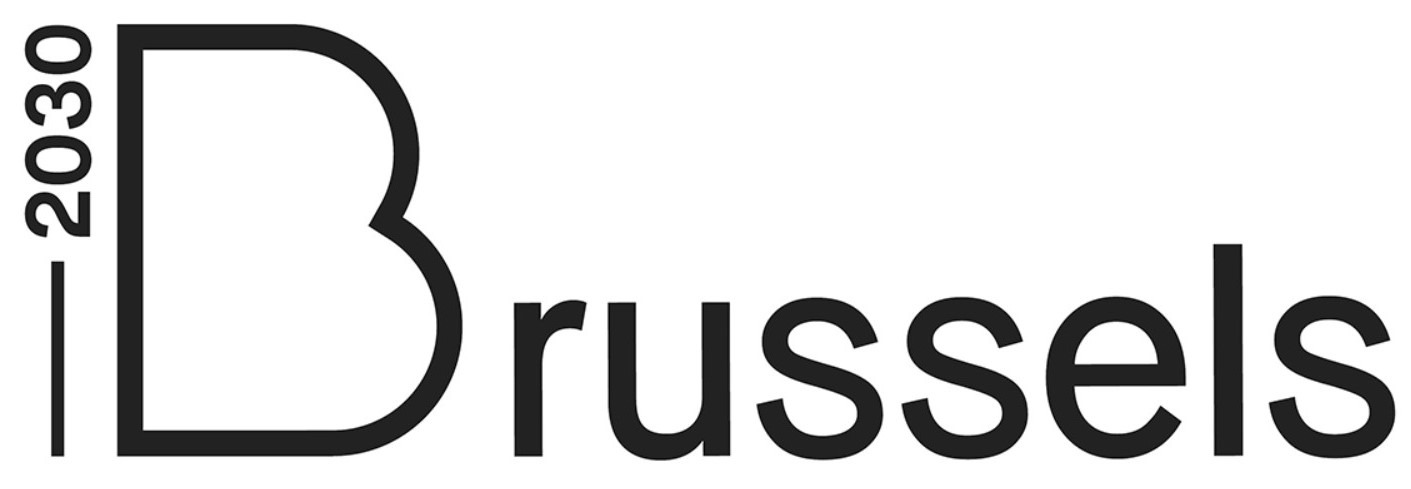Brussels is preparing a bid to be the European Capital of Culture in 2030. As part of the process, Brussels Voice is hosting an interactive co-creation workshop. Join us on Sunday 2 July as we explore the contours and contradictions of the so-called international community and ask whether Brussels’ role as European capital binds or divides the population.
With this Summer Assembly, Brussels2030 is inviting civil society, arts, culture, science, and the diversity of actors that make this city to help prepare Brussels to become the European Capital of Culture in 2030. The vision is broad and ambitious: a more democratic, green, inclusive and caring Brussels, with culture at its heart. This year’s Brussels2030 Summer Assembly will be organised at Les Halles de Schaerbeek, from Wednesday 28 June until Sunday 2 July 2023. It intends to offer a space where diverse urban actors can inspire one another and initiate processes of collaborative city-making.

“ If Brussels is the capital of Europe, what does this mean for Brusselers? ”
The Brussels Voice session takes place at 10.00 – 13.00 on Sunday 2 July, and it will be led by the team from commissioner.brussels. This is a chance to step back from concrete policy proposals and look at some of the big questions around the unique international communities of Brussel.
Waves of migration have made Brussels a multicultural kaleidoscope. Diverse in national origin, socio-economic profile and length of residence, Brussels migrants can appear as different from each other as they are from their Belgian neighbours. Non-Belgians now make up 1 in 3 residents of Brussels. They cannot vote, creating a democratic deficit in regional politics. With this democratic participation platform Brussels Voice, the Region attempts to give “International Brusselers” a voice in policy. But who does it speak to, speak with, speak for…?
Brussels is a cosmopolitan metropolis with an international weight far greater than its size should allow. This status is largely due to its importance in European and international governance. However, looking at how the population perceive and inhabit their city, we see that the city and its population have an ambivalent relationship with Brussels’s role as the de facto capital of Europe. So, if Brussels is the capital of Europe, what does this mean for Brusselers?